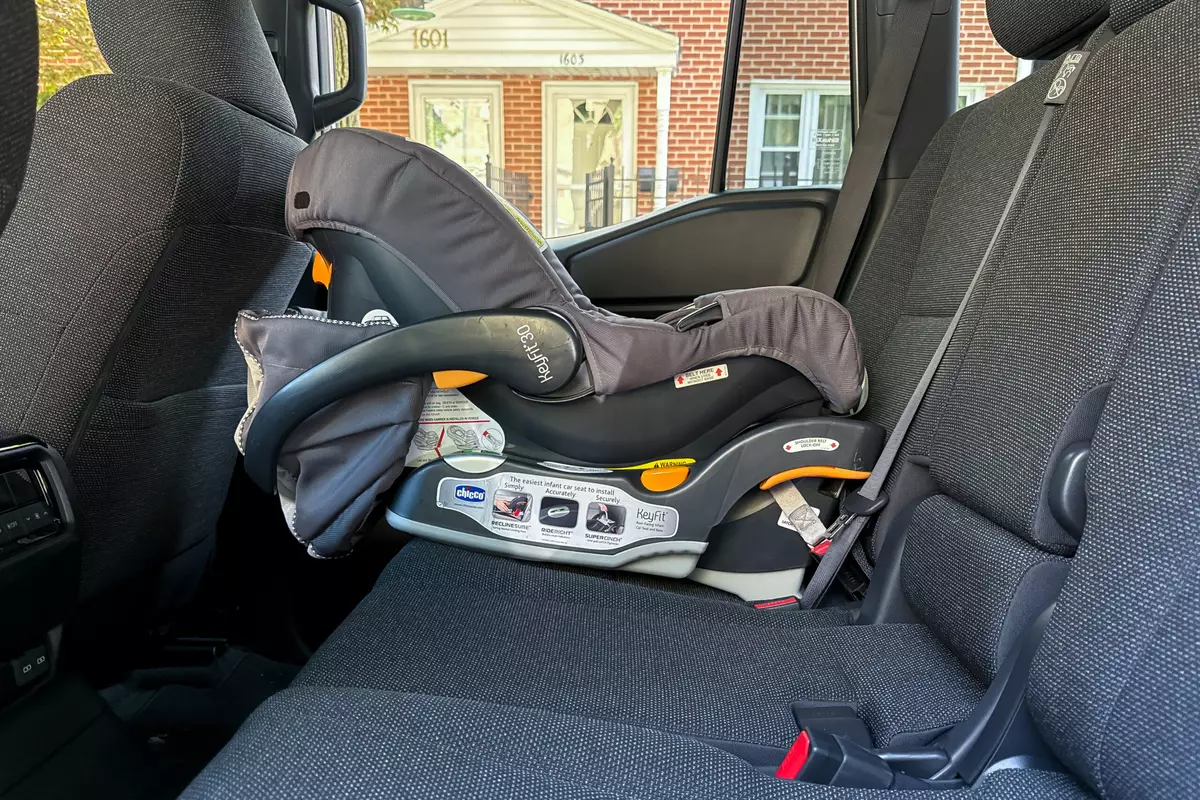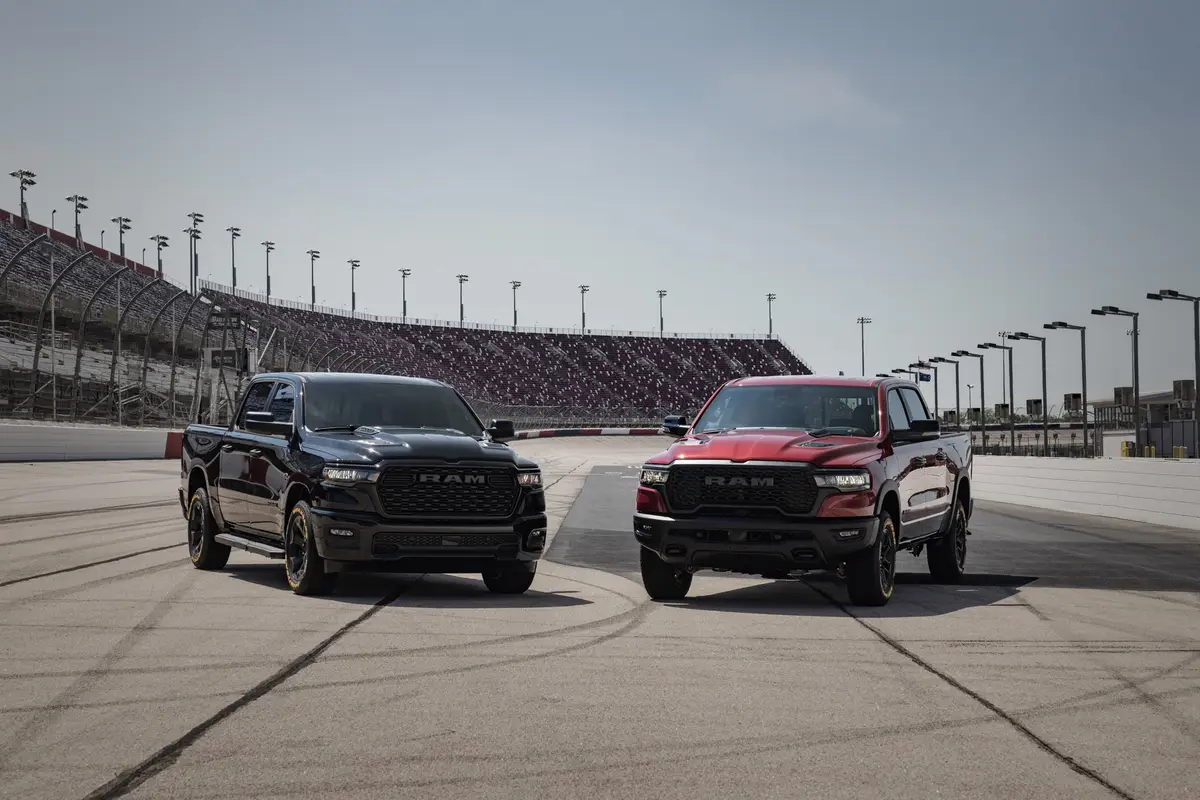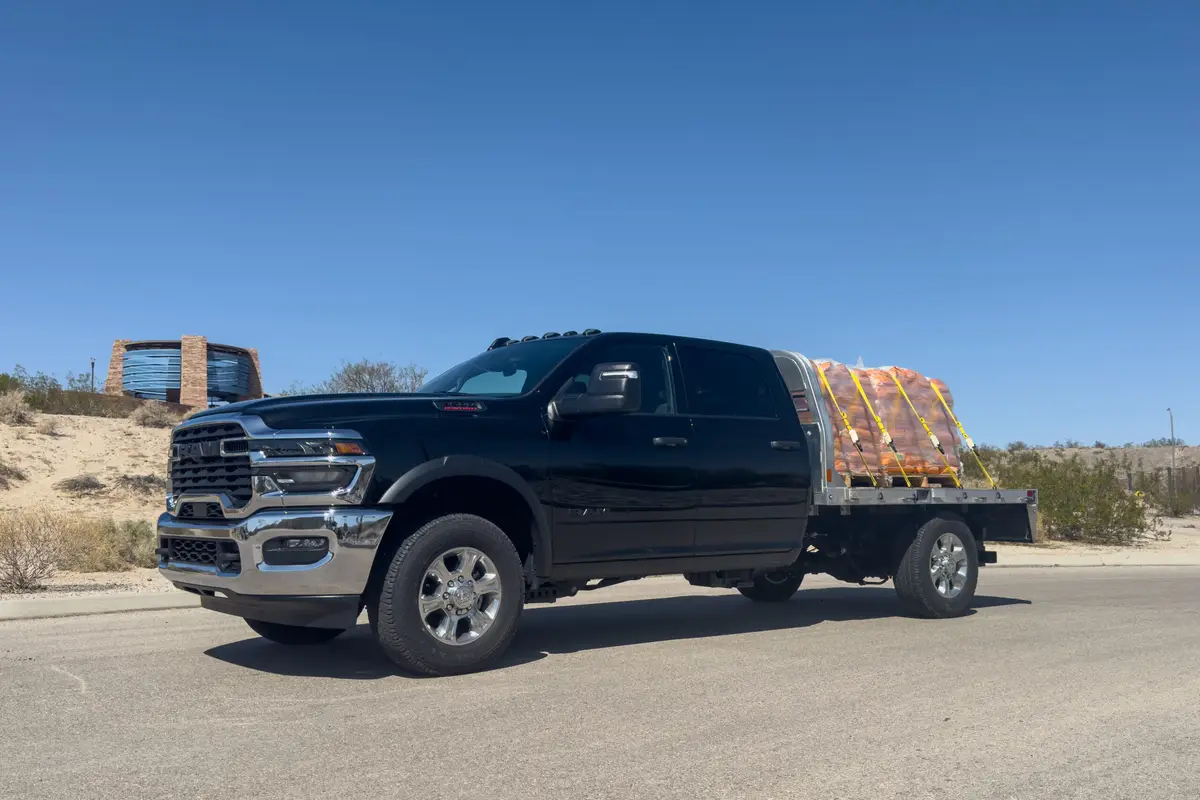washingtonpost.com's view
It doesn’t surprise me that Hyundai’s August sales topped those of its rivals. Nor should it surprise anyone who lately has driven a Hyundai.
Hyundai is the Wal-Mart of car companies. It has turned “value” into a word meaning substantially better than “cheap.” It has given dignity to the concept of “bargain.”
Anyone doubting that needs only to drive the base version of the 2010 Hyundai Sonata sedan. It has more standard safety equipment than any model in the midsize family sedan class. It offers good, four-cylinder fuel economy without sacrificing acceleration or handling. Fit and finish are among the global car industry’s best. So is price, assuming that “best price” means getting the most for money spent.
To prove my point, I eschewed the opportunity to drive a manufacturer-prepared and delivered Sonata in favor of selecting one from a rental car company. I chose Enterprise Rent-A-Car because it is near my home in Northern Virginia and because Enterprise usually carries Hyundai products.
Rental cars aren’t the specially prepped babies delivered to automotive journalists by automobile manufacturers. Rentals often are children of lesser care, abused and misused by rental customers and marginally maintained by their corporate owners.
My 2010 Sonata SE had 7,000 miles on the odometer at delivery. Its pale blue-gray fabric seats and fabric-covered door panels bore signs of wear. (It matters not how much or how well you clean light-colored automotive fabrics, some grease and grime will show through.)
But overall fit and finish on my Sonata were excellent. After 7,000 miles of what the Enterprise people said was mostly Washington-area driving, there were no loose fits, no rattles, nothing threatening to come apart at the seams. In fact, the car felt and looked solid.
The Enterprise people eyed me with wonder when I specified a four-cylinder model. The Sonata, a front-wheel drive sedan, also comes with an optional 3.3-liter, 249-horsepower V-6. Real men supposedly prefer the V-6.
But I figured that if anything showed wear in a rental car fleet, it would be one of Hyundai’s little, sometimes over-stressed four-cylinder engines. But it turned out that I was the victim of my own shortsightedness. To wit: All Hyundai four-cylinder engines are not the same.
Some, such as the 2-liter 138-horsepower four-cylinder engine in the compact Hyundai Elantra and the 1.6-liter 110-horsepower four-cylinder job in the subcompact Hyundai Accent, primarily are meant for fuel-efficient, urban-suburban commuting. They do not perform particularly well on sustained, high-speed highway runs. Nor are they ideal for climbing mountain roads.
But the 2.4-liter, 175-horsepower four-cylinder engine in the 2010 Sonata was up to all of those tasks. It smoothly delivered acceleration on demand — and it did so at a combined city-highway 27 miles per gallon, 22 mpg in the city and 32 mpg on the highway.
Handling, the way a car moves around curves, the way its body behaves in emergency maneuvers, was quite decent, certainly acceptable for normal drivers — people who generally obey rules of the road and who have no need to turn every trip into a race or a test of their prowess behind the wheel.
Braking, employing ventilated front discs and solid discs in the rear, was spot on — as good as anything from the Sonata’s more expensive rivals.
I have no proof of this, but my hunch is that the people at Hyundai studied the people at Wal-Mart to learn how to consistently deliver a higher meaning of value — excellent products and excellent service at an excellent price.
It’s why Wal-Mart is the nation’s largest retailer. And it’s why Hyundai sold 60,467 cars, crossover utility vehicles and SUVs in the United States last month, 47 percent better than its August 2008 sales, 33 percent better than its July 2009 performance.
In any economy, consumers positively respond to companies that take the meaning of “value” seriously.
Latest news



